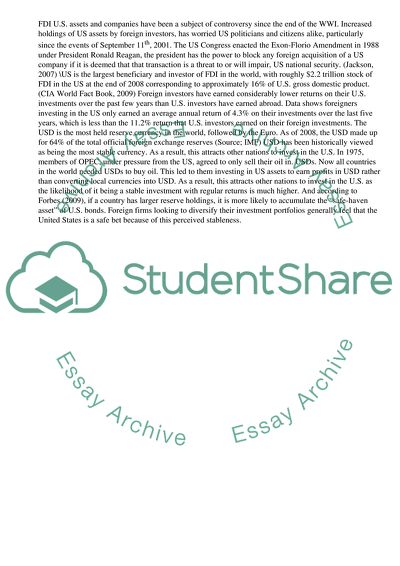Cite this document
(Why Do Foreigners Invest in the US Research Proposal, n.d.)
Why Do Foreigners Invest in the US Research Proposal. Retrieved from https://studentshare.org/business/1735649-why-do-foreigners-invest-in-the-united-states
Why Do Foreigners Invest in the US Research Proposal. Retrieved from https://studentshare.org/business/1735649-why-do-foreigners-invest-in-the-united-states
(Why Do Foreigners Invest in the US Research Proposal)
Why Do Foreigners Invest in the US Research Proposal. https://studentshare.org/business/1735649-why-do-foreigners-invest-in-the-united-states.
Why Do Foreigners Invest in the US Research Proposal. https://studentshare.org/business/1735649-why-do-foreigners-invest-in-the-united-states.
“Why Do Foreigners Invest in the US Research Proposal”, n.d. https://studentshare.org/business/1735649-why-do-foreigners-invest-in-the-united-states.


